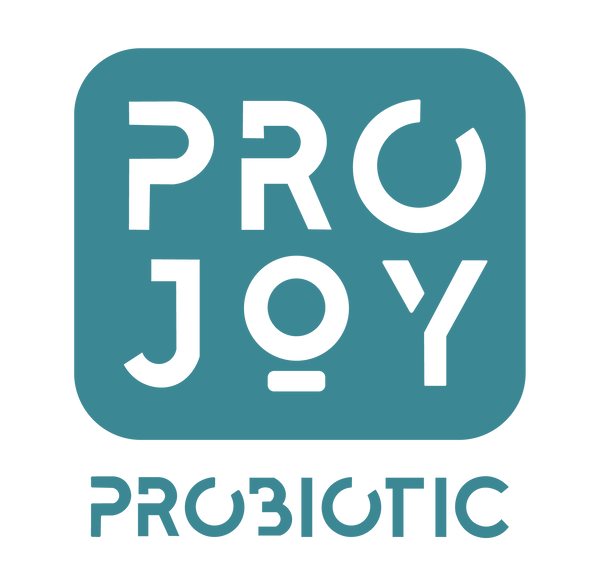
Understanding Heart Disease: Types, Causes, and Probiotic Treatment
Share
Heart disease is a common health condition that affects millions of people worldwide. It is a broad term that encompasses various types of heart-related disorders that range from mild to severe. In this article, we will discuss the types, causes, and probiotic treatment of heart disease.
Types of Heart Disease
There are several types of heart disease, each with its unique characteristics and symptoms. Some of the most common types of heart disease include:
-
Coronary Artery Disease (CAD) - This type of heart disease occurs when the arteries that supply blood to the heart become narrow or blocked, leading to chest pain, shortness of breath, and other symptoms.
-
Heart Attack - A heart attack occurs when the blood flow to the heart is completely blocked, leading to damage or death of the heart muscle. It is a medical emergency that requires immediate treatment.
-
Arrhythmia - This is a condition in which the heart beats too fast, too slow, or irregularly. It can lead to lightheadedness, fainting, and other symptoms.
-
Heart Failure - This occurs when the heart is unable to pump blood effectively, leading to fatigue, shortness of breath, and other symptoms.
Causes of Heart Disease
There are several factors that can contribute to the development of heart disease. Some of the most common causes include:
-
High Blood Pressure - High blood pressure can damage the arteries and increase the risk of developing heart disease.
-
High Cholesterol - High levels of cholesterol can lead to the formation of plaque in the arteries, which can increase the risk of heart disease.
-
Smoking - Smoking can damage the blood vessels and increase the risk of heart disease.
-
Obesity - Being overweight or obese can increase the risk of developing heart disease.
-
Diabetes - Diabetes can damage the blood vessels and increase the risk of heart disease.
Probiotic Treatment of Heart Disease
Probiotics are live microorganisms that can provide health benefits when consumed in adequate amounts. There is growing evidence to suggest that probiotics may have a beneficial effect on heart health. Some of the ways in which probiotics may help prevent or treat heart disease include:
-
Lowering Blood Pressure - Some studies have shown that certain probiotics may help lower blood pressure in people with hypertension.
-
Reducing Cholesterol Levels - Certain probiotics may help reduce LDL (bad) cholesterol levels, which can lower the risk of heart disease.
-
Improving Blood Sugar Control - Probiotics may help improve blood sugar control in people with diabetes, which can reduce the risk of heart disease.
-
Reducing Inflammation - Chronic inflammation can contribute to the development of heart disease. Some probiotics may help reduce inflammation in the body, which can lower the risk of heart disease.
Conclusion
Heart disease is a serious condition that affects millions of people worldwide. There are several types of heart disease, each with its unique characteristics and symptoms. Some of the most common causes of heart disease include high blood pressure, high cholesterol, smoking, obesity, and diabetes. Probiotics may have a beneficial effect on heart health by lowering blood pressure, reducing cholesterol levels, improving blood sugar control, and reducing inflammation in the body.
If you want to purchase high-quality probiotics that can help you experience the benefits we've discussed in this article, check out our website at MyProjoy.com. We offer a probiotic supplement that is specially formulated for healthy heart.
